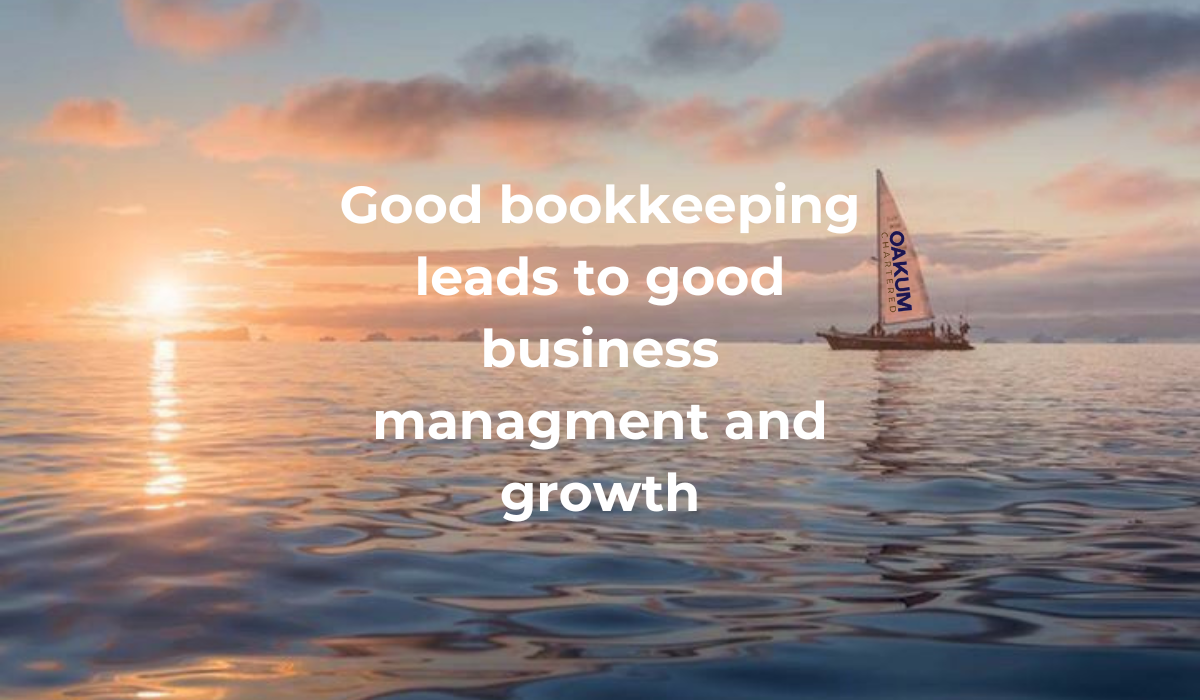How to Turn a Failing Business Around

Running a business that is losing money can be very stressful. Whether it is a temporary downturn or systemic industry decline there are some concrete steps that you need to take to navigate the situation and stabilize the business in an orderly manner.
Step 1: Don’t run out of cash!
Most businesses fail because they run out of cash, and can not meet their short term obligations. Start with weekly or even daily cash flow forecasting. Rank your bills in order of priority and only pay what is required starting at the top of your list until you can diagnose what went wrong and how to resolve it.
Step 2: Diagnose the problem.
Before prescribing a cure you need to understand the root cause of the issue. Your accountant or bookkeeper can help with this. There are several possibilities here, and it is critical to get it right.
Some businesses require a lot of working capital to operate. As they grow this consumes cash and puts pressure on the business. If your business is profitable, then it might make sense to raise capital.
In other cases, a business might be seasonal, or have lost a major customer. If it is a normal seasonal fluctuation in business, then it might be okay to bridge the gap with a line of credit. In other cases it will make sense to trim expenses to match revenue, or focus on new customer acquisition, or increasing prices from existing customers.
Your situation will require a well thought out response to best address the underlying root cause of the problem.
Step 3: Know how much runway you have
You need to know how much time you have, and the sooner you realize there is a problem the better off you will be. You should have a very clear idea of your runway in days. To hold you accountable you should set measurable goals, to keep you accountable.
One of the most common mistakes a business owner makes is to keep trying a failing strategy. To hold yourself accountable you should set measurable goals and decision points.
Step 4: Plan for all contingencies.
It is important to be prepared for all scenarios, including the worst case. Remember 65% of businesses fail within 10 years. You should plan for the worst case so that if you need to wind down your business you can do so in an orderly manner and meeting your legal obligations. Seeking professional advice is a good idea, to avoid legal problems associated with winding down.
You need to understand your obligations for filing taxes, payroll and any other creditor issues that need to be resolved. It never feels good to go through a wind down process, but it is better to know what is required rather than having an unpleasant surprise on the back end.
Opportunity for renewal

Business setbacks can be an opportunity for renewal. Whether that is fixing a problem in your business or moving in an exciting new direction. Engage professional advice early,
Finally, don’t be afraid to ask for help. It can be immensely helpful to get outside perspectives and expertise. This could mean consulting with industry experts such as accountants to help manage the financial




